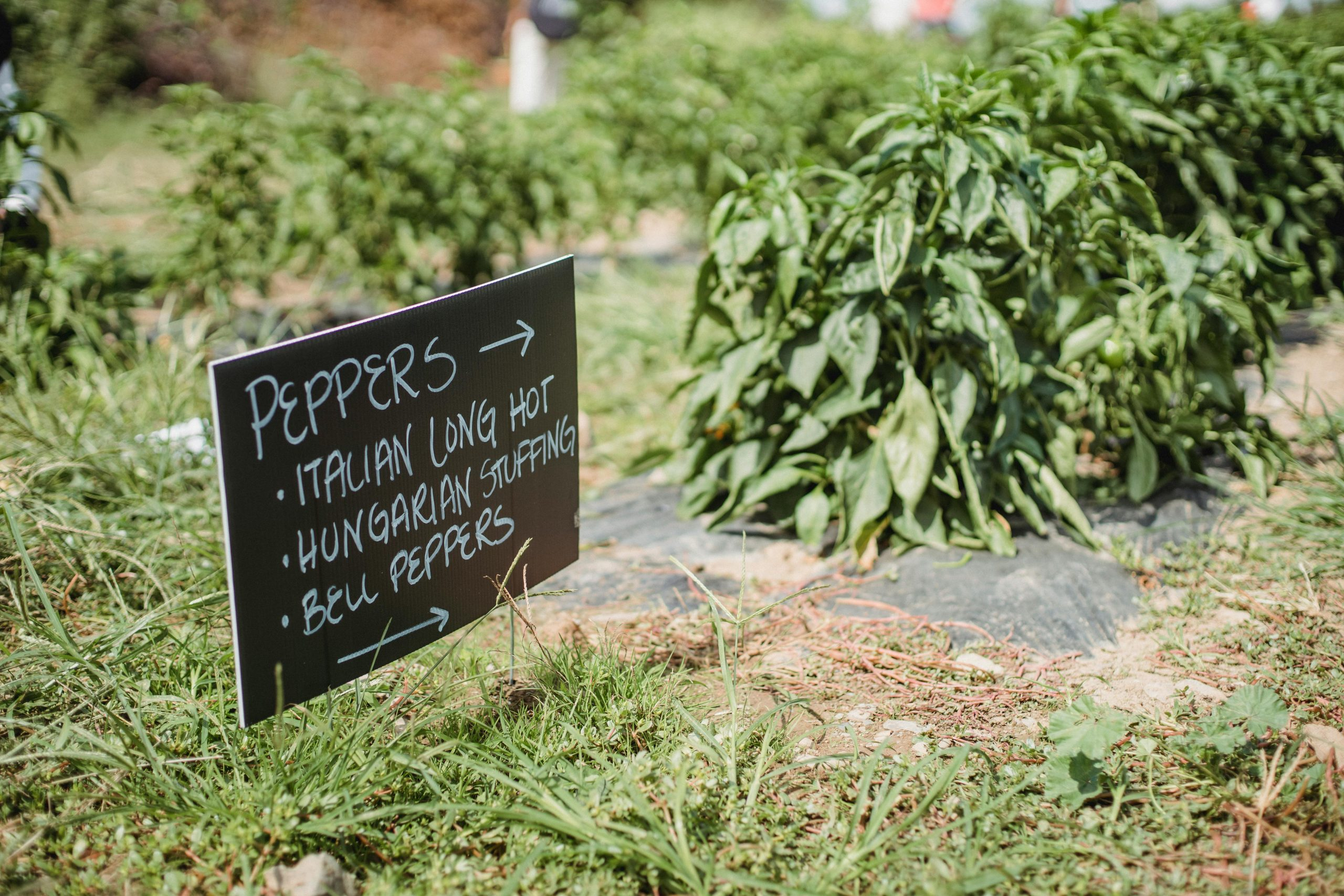School Gardens: Growing Minds Alongside Vegetables
In recent years, school gardens have gained popularity as a valuable learning tool for students of all ages. These gardens provide a hands-on learning experience, teaching children about botany, food, and the environment. While growing vegetables is a primary focus of school gardens, the benefits extend far beyond just healthy produce. School gardens promote physical activity, foster a sense of community, and instill valuable life skills in students. In this article, we will explore why school gardens are essential for growing minds alongside vegetables.
Why School Gardens Matter
It’s no secret that proper nutrition plays a significant role in a child’s physical and mental development. In today’s fast-paced world, where processed and unhealthy foods are readily available, it’s essential to teach kids about the importance of fresh produce. This is where school gardens come in. They provide a practical and engaging way to teach students about the benefits of eating fruits and vegetables.
The Nutritional Benefits of School Gardens
Through hands-on planting, nurturing, and harvesting, students learn the science behind different plant varieties and recognize the importance of eating a varied and nutritious diet. Research has shown that children who participate in school gardening programs tend to make healthier food choices, increase their intake of fruits and vegetables, and develop a positive attitude towards healthy eating.
Physical Activity and Outdoor Learning
With the rise of technology, children today spend more time indoors than ever before. School gardens provide a much-needed opportunity for students to engage in physical activity and take learning outside of the classroom. Gardening involves a range of physical activities, such as digging, planting, and watering, which help children develop their motor skills and coordination.
The Educational Benefits of School Gardens
In addition to promoting healthy eating and physical activity, school gardens offer valuable educational benefits. By growing vegetables, students learn about the different stages of plant growth, the importance of soil and water, and the role of insects and pollinators in the ecosystem. These hands-on experiences make learning about science, math, and environmental studies more exciting and engaging.
Community and Social Connection
A school garden is a collaborative effort, involving teachers, students, parents, and volunteers. By working together towards a common goal, students learn the importance of teamwork and develop valuable social skills. Gardening also provides a sense of community and pride, as students see their hard work paying off in the form of fresh vegetables for their school or local community.
Life Skills and Responsibility
School gardens help students develop essential life skills, such as responsibility, patience, and problem-solving. Taking care of a garden requires dedication and consistent effort, teaching children the importance of commitment and hard work. By being responsible for the upkeep of their garden, students also learn to take ownership of their actions and develop a sense of accountability.
Conclusion
School gardens are more than just a space to grow vegetables. They provide a rich learning experience, promoting physical, social, and educational development in students. By fostering a connection with nature and promoting healthy habits, school gardens play a crucial role in shaping the minds and bodies of our children. So, let these gardens continue to grow alongside young minds, encouraging a healthier, happier, and more educated generation.










